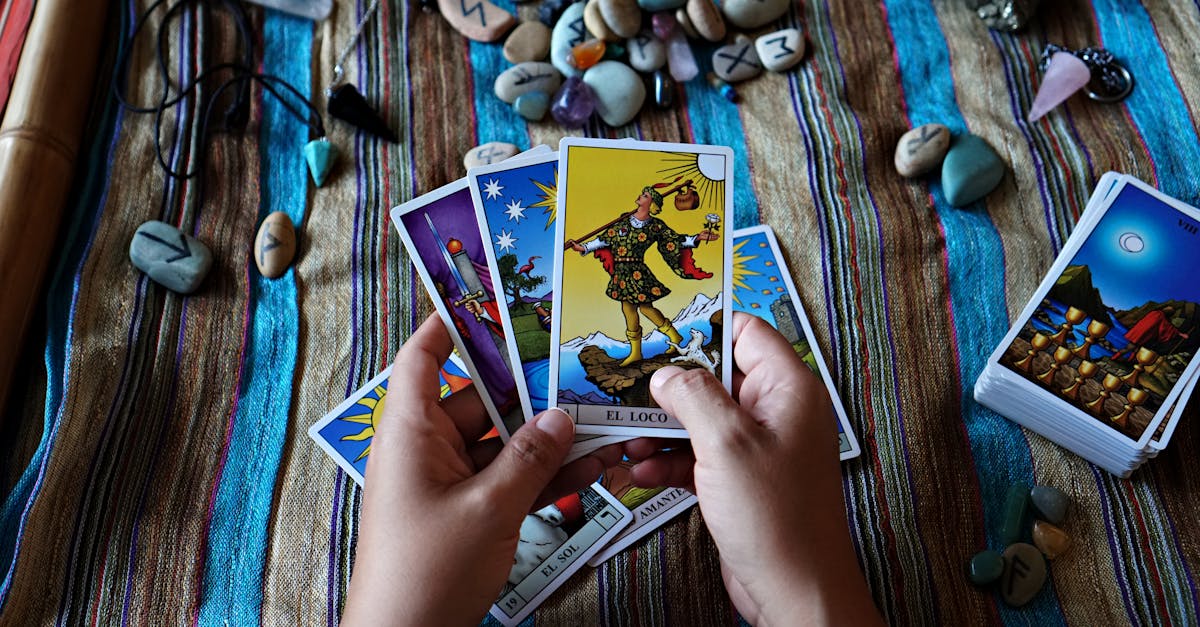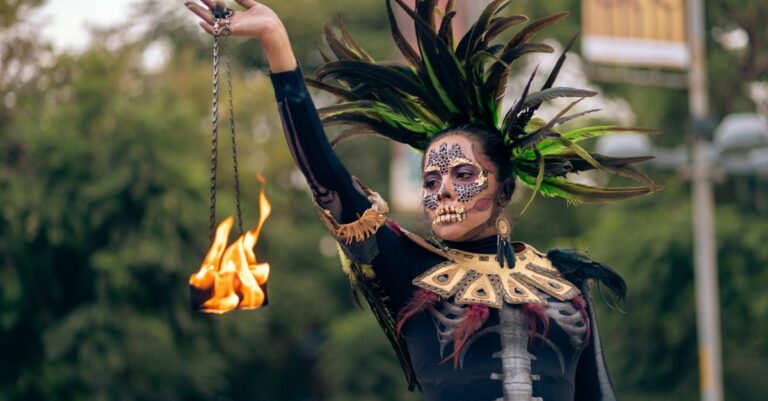
The fever rattled Janek’s bones. Not the heat, though that clung like wet wool, but the *seeing*. It began with soot. The way it swirled from the flues, settling not as darkness, but as… shapes. Patterns. Like the butcher’s tally marks, only… more.
He coughed, a racking spasm that doubled him over in the alley. Rain slicked the cobblestones, mirroring the gas lamps in wavering halos. He tasted iron. He traced the grime on the brick wall with a finger, suddenly aware of the way the cracks *mimicked* the constellations he’d overheard sailors boasting about at the docks.
“Another bad one, Janek?” Old Man Havel, the baker, appeared, wiping floury hands on his apron. His face, a landscape of wrinkles, held a permanent frown.
“It’s the marks, Havel.” Janek rasped, voice frayed. “They… they speak.”
Havel snorted, tossing a stale crust towards him. “Speak? You been at the plum brandy again, boy? You barely know your letters.”
Janek ignored him, eyes fixed on a damp patch of wall. The water stains bloomed, twisting into a crude map of interconnected circles and lines. He saw a rising peak, a sharp descent. He saw *himself* within it.
“This one…” Janek muttered, pointing a shaky finger. “The circle… it means sickness. Then… the line drops. Quick.”
A woman’s voice, sharp as chipped flint, cut through the damp air. “Honestly, Karel, must you encourage his nonsense?” It was Frau Schmidt, her shawl pulled tight against the evening chill. She tugged her son, little Tomas, closer. “The boy’s addled. Ignore him.”
Karel, her husband, a stocky man with hands calloused from metalwork, barely glanced at Janek. “We need bread, Eliska, not fortune telling from a street urchin.”
“It isn’t fortune telling!” Janek insisted, pushing to his feet. His legs wobbled, threatening to send him sprawling. “These… these are the patterns. The ones that show when someone goes. I see it in the soot, in the water, in everything!”
“Don’t bother with them, Tomas,” Eliska said, her voice tight with disdain. “He’s just trying to get a coin.”
Janek studied the family. He saw a thick, unbroken line radiating from Eliska, a long, steady arc. Stability. But around little Tomas, the line frayed, splitting into a dozen delicate threads. Vulnerability. He saw a dark smudge near the end of Tomas’s line, a tiny eclipse.
“Your son,” Janek said, his voice gaining a strange, unsettling strength. “He’ll fall sick. A fever, like mine. Soon.”
Karel laughed, a booming sound that echoed off the buildings. “The boy thinks he’s a physician now? Get along with you.” He steered Eliska and Tomas toward the bakery, dismissing Janek with a wave of his hand.
“Don’t listen to him, Tomas,” Eliska called over her shoulder, her voice laced with irritation. “It’s just a silly game.”
Janek watched them disappear into the warm glow of the bakery. He tasted copper. The patterns blurred, shifting, reforming. Another line appeared, dark and jagged, snaking toward *his* own. He knew, with a certainty that chilled him to the bone, what it meant.
He sank back against the brick wall, the fever burning hotter. The rain washed the soot-patterns away, but they remained burned into his vision, vivid and inescapable. He didn’t need the markings to know his own fate. He’d *seen* it, swirling in the smoke, etched on the walls, a chilling prediction unfolding with the relentless rhythm of the rain.


